Who’s performing the Coronation ceremony and what happens?
The sacred ceremony will take place on Saturday 6 May at 11am
Your support helps us to tell the story
From reproductive rights to climate change to Big Tech, The Independent is on the ground when the story is developing. Whether it's investigating the financials of Elon Musk's pro-Trump PAC or producing our latest documentary, 'The A Word', which shines a light on the American women fighting for reproductive rights, we know how important it is to parse out the facts from the messaging.
At such a critical moment in US history, we need reporters on the ground. Your donation allows us to keep sending journalists to speak to both sides of the story.
The Independent is trusted by Americans across the entire political spectrum. And unlike many other quality news outlets, we choose not to lock Americans out of our reporting and analysis with paywalls. We believe quality journalism should be available to everyone, paid for by those who can afford it.
Your support makes all the difference.The long-awaited Coronation of King Charles III is due to take place next weekend after a rocky year for the royal family.
Charles will be crowned alongside the Queen Consort Camilla, who will be officially referred to as the Queen following the illustrious ceremony in Westminster Abbey on Saturday 6 May.
The Coronation will be part of a series of events celebrating the new monarch, with a star-studded lineup secured for a Coronation concert on Sunday evening.
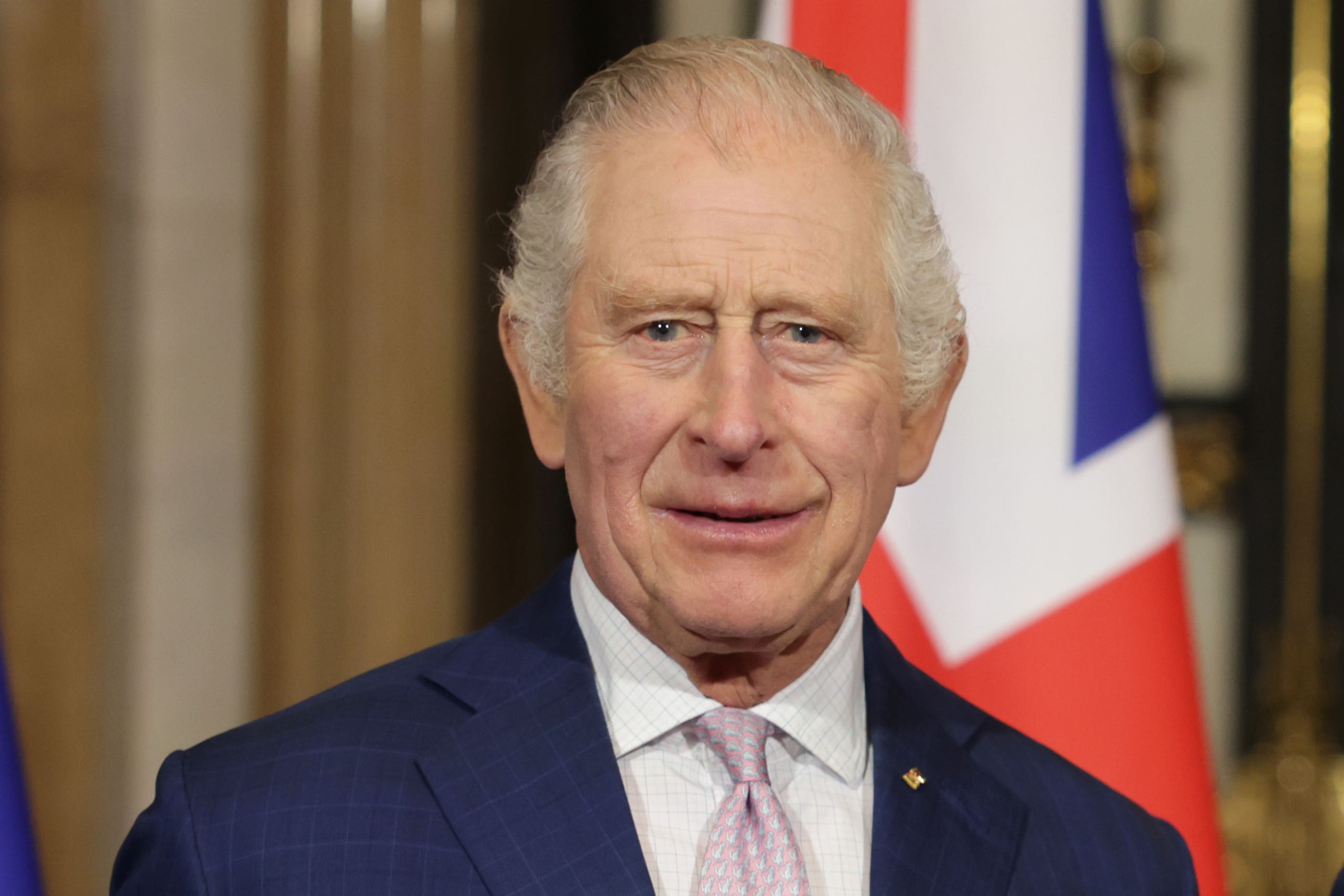
Here is everything you need to know about the Coronation
The Coronation service will begin at 11am on Saturday, May 6 at Westminster Abbey.
The King and Queen Consort will arrive at Westminster Abbey in a procession that will begin at Buckingham Palace.
Who will perform the Coronation ceremony?
The Archbishop of Canterbury will carry out the prestigious and sacred ceremony.
He will perform the anointing ceremony, known as the Act of Consecration, will take place before the investiture and crowning.
The oil used in the ceremony is known as the Chrism oil and has been consecrated in Jerusalem.
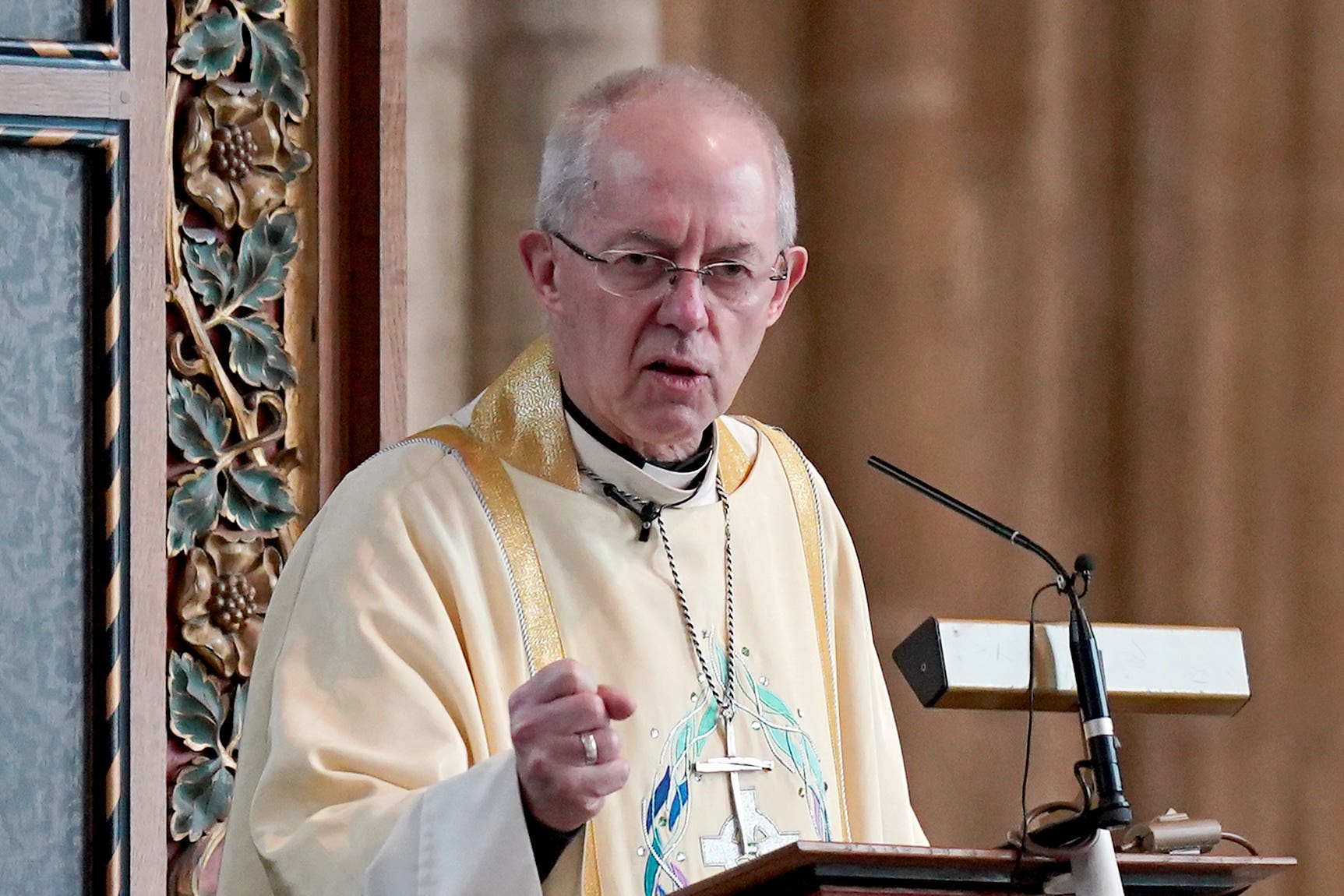
The Archbishop said: “Since beginning the planning for the Coronation, my desire has been for a new Coronation Oil to be produced using olive oil from the Mount of Olives.
“This demonstrates the deep historic link between the Coronation, the Bible and the Holy Land. From ancient kings through to the present day, monarchs have been anointed with oil from this sacred place.”
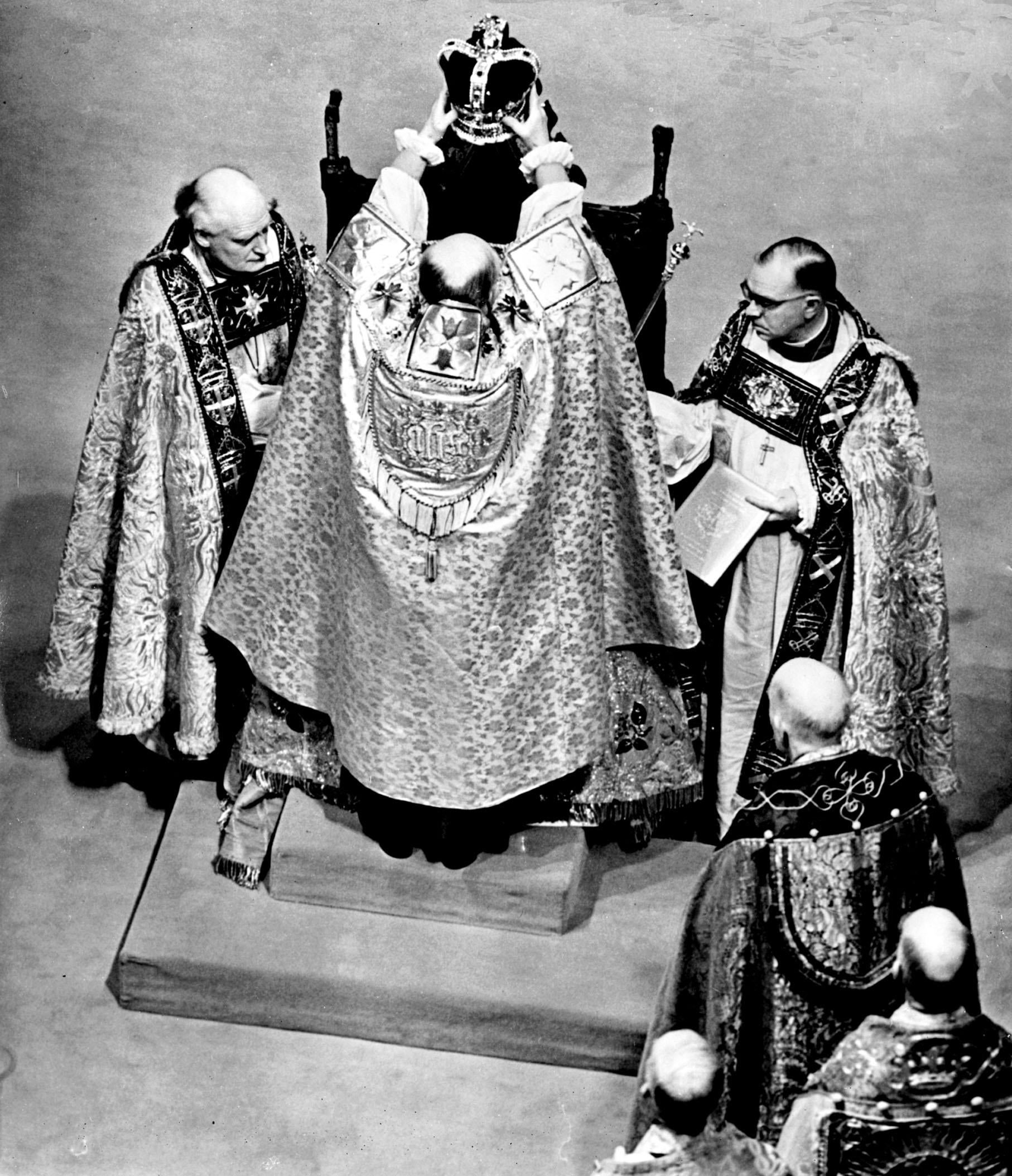
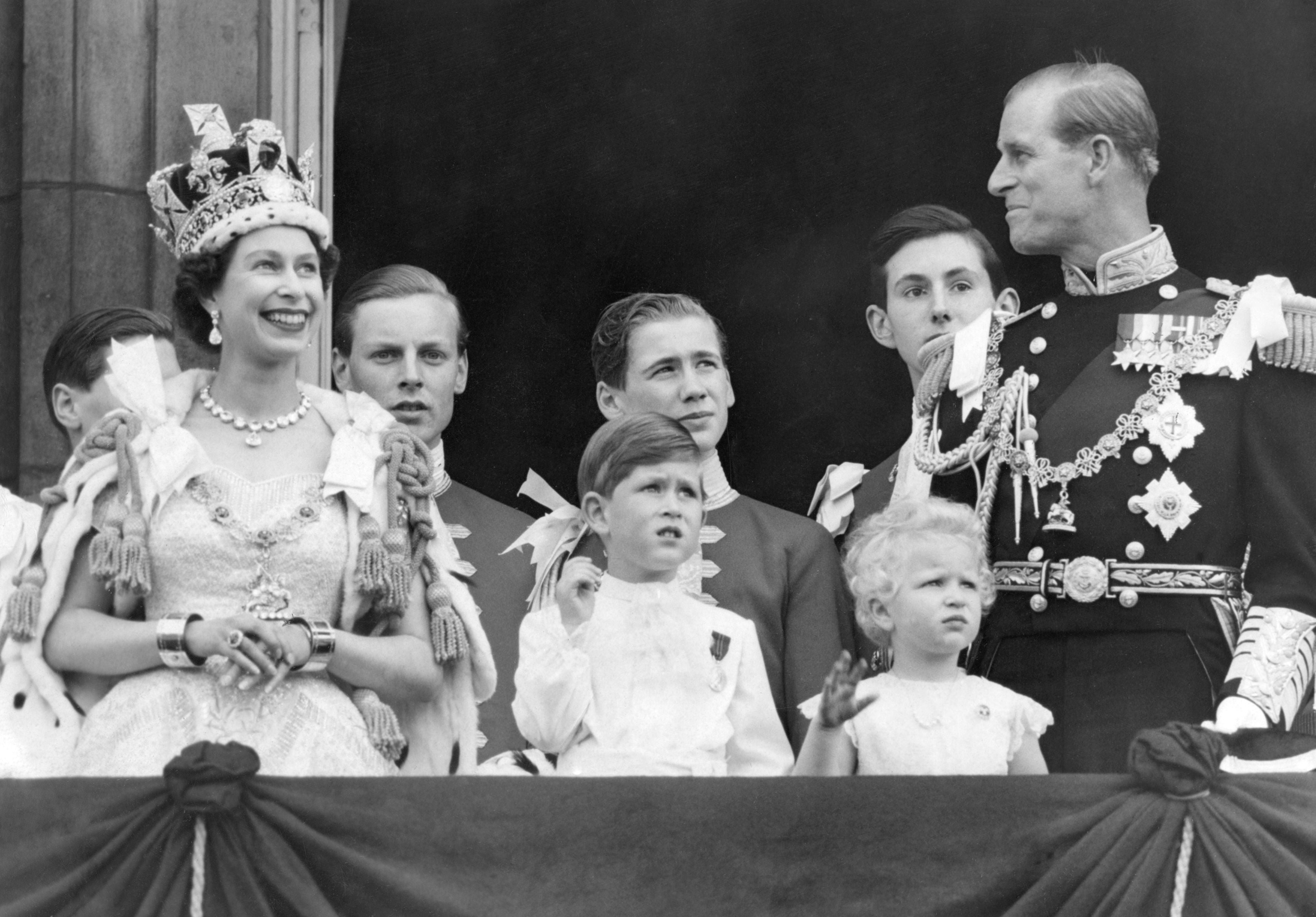
According to the Royal Collection Trust, the Archbishop will pour holy oil from the Ampulla (vessel) into the Coronation Spoon, a silver-gilt spoon with an oval bowl and decorated with pearls and engravings.
The Ampulla is a solid gold flask in the shape of an eagle, believed to have been crafted in 1661 for the coronation of Charles II.
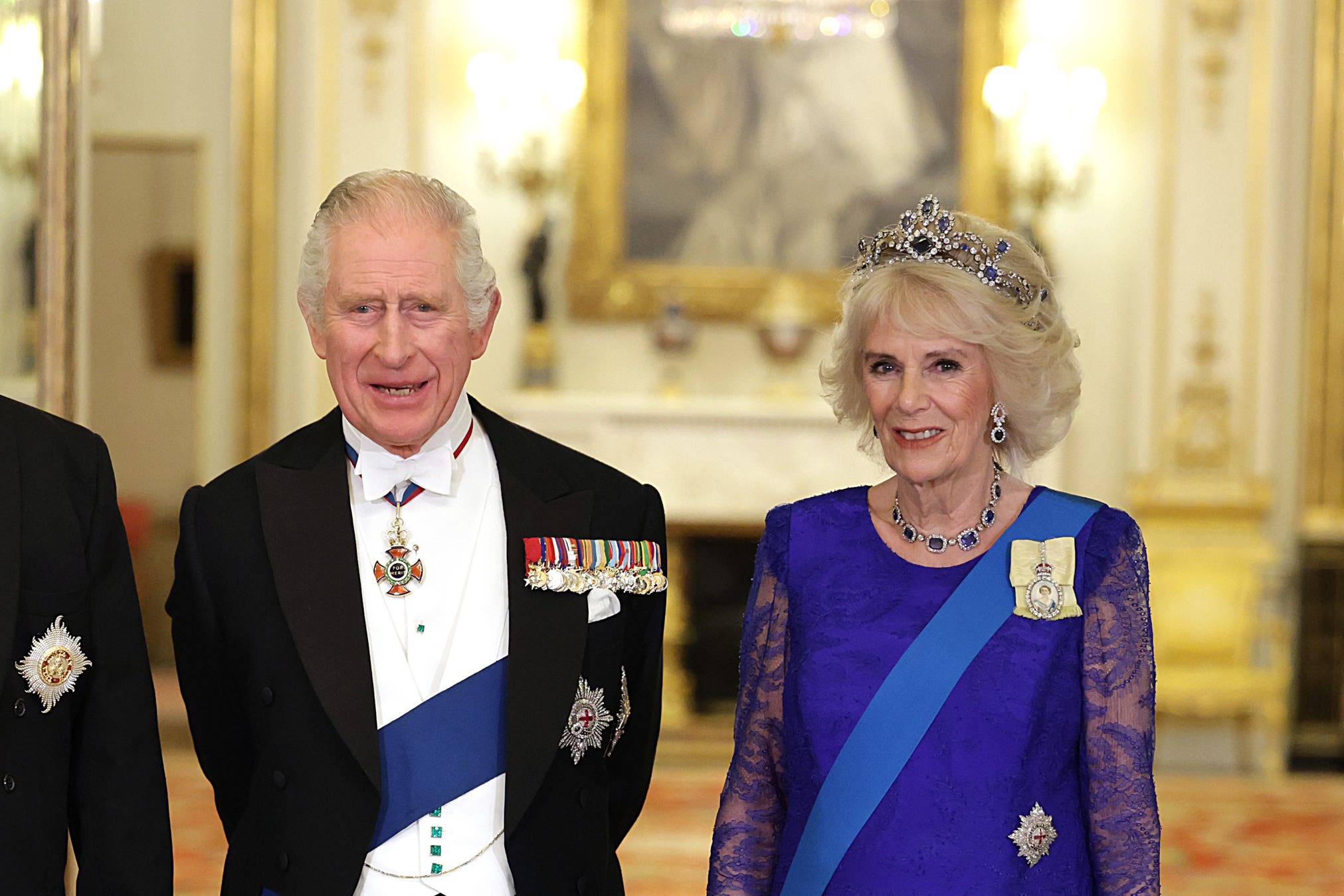
Westminster Abbey, where the coronation will be held, describes the ampulla and spoon as “the most important” objects used in the ceremony. They have both been used for hundreds of years, with the spoon first recorded in 1349. It is the only piece of royal goldsmith’s work to survive from the 12th century.
The Archbishop will dip two fingers into the holy oil and anoint the sovereign on the hands, breast and head. This is a tradition that dates back to the Old Testament, in which the anointing of Solomon by Zadok the Priest and Nathan the Prophet is written.
“Anointing was one of the medieval holy sacraments and it emphasised the spiritual status of the sovereign,” the RCT writes on its website.




Join our commenting forum
Join thought-provoking conversations, follow other Independent readers and see their replies
Comments